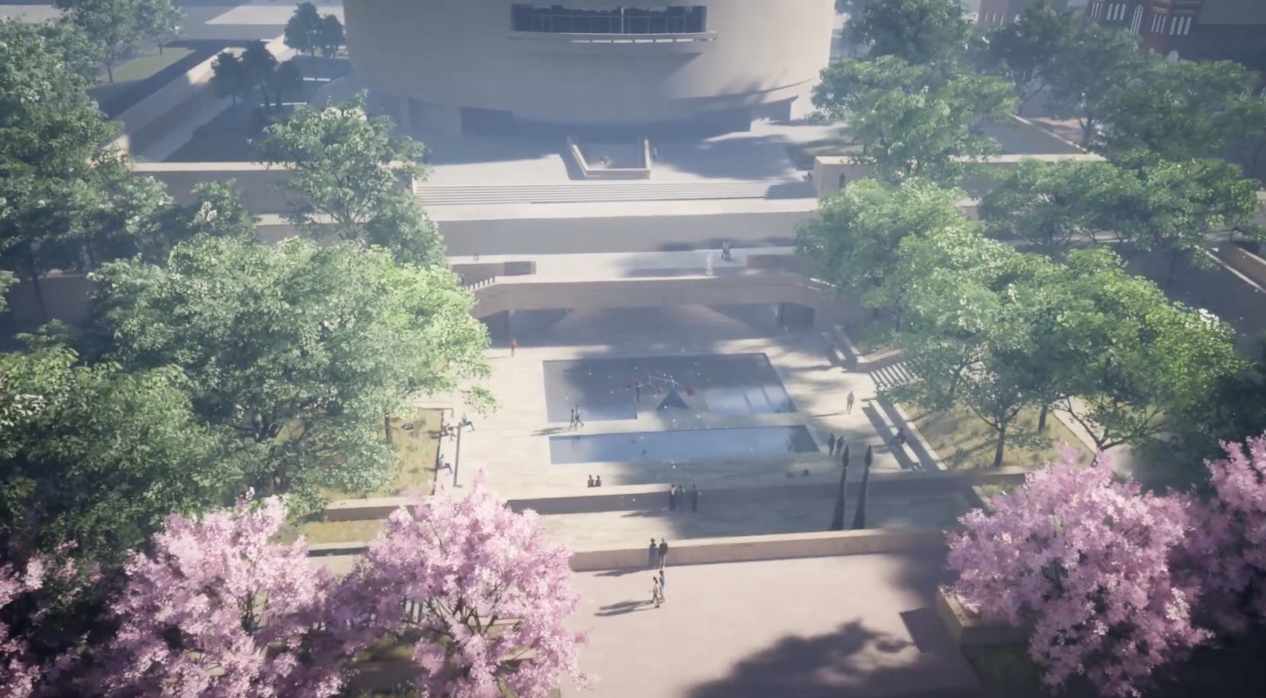For the last 14 months, Ethiopia has been in a brutal civil war. However, the government has been on the offensive over the past few weeks, recapturing several key towns taken by rebel forces who oppose the federal government.
The war so far has claimed thousands of lives on both sides throughout the country.
The Ethiopian diaspora in the U.S held two back-to-back demonstrations last week. Thursday, hundreds – primarily from the Oromo community and Tigrayan community – marched to the U.S. State Department, asking the U.S. government to put more pressure on the Ethiopian government.
The next day, another group with an opposite demand. Pro-Ethiopian government protesters marched to denounce what they say is “America’s involvement in Ethiopian internal affairs.
“The Thursday rally was against conflict and right abuse in Ethiopia and the attempt to dismantle multinational federalism,” Bahar Omar, a lawyer and a political analyst on Ethiopian affairs.
Multinational federalism, also referred to as ethnic federalism by many, is a system that was put in place three decades ago after the overthrow of military rule, where power was centralized. It gives regions more autonomy.
Omar says the segment of the diaspora community who rallied Friday wants to see the centralized system back.
“They support the prime minister, his vision especially of establishing the unitary system by removing the multinational federalism. they view unitary as unity and diversity as division.”
The competing ideologies are not new to the over 86 ethnic groups country.
Civil war and controversial changes made by Prime Minister Abiy Ahmed in 2018 are significant reasons for the worsening of divisions at home and abroad.
The pitting against each other, according to Omar, reflects much in the diaspora and is beyond politics.
“Apart from the political engagement, people interact at business, at workplaces. so people are abandoning each other’s businesses, restaurants, which I think is getting worse.”
As of the conflict in the country, rights groups and international aid organizations have documented the death of thousands. Many more fled their homes and are seeking refuge in neighboring countries.
“These are symptoms. The real problem is political polarization which needs dialogue and reconciliation. And to come to a common agreement on past, present, and future,” said Omar.

